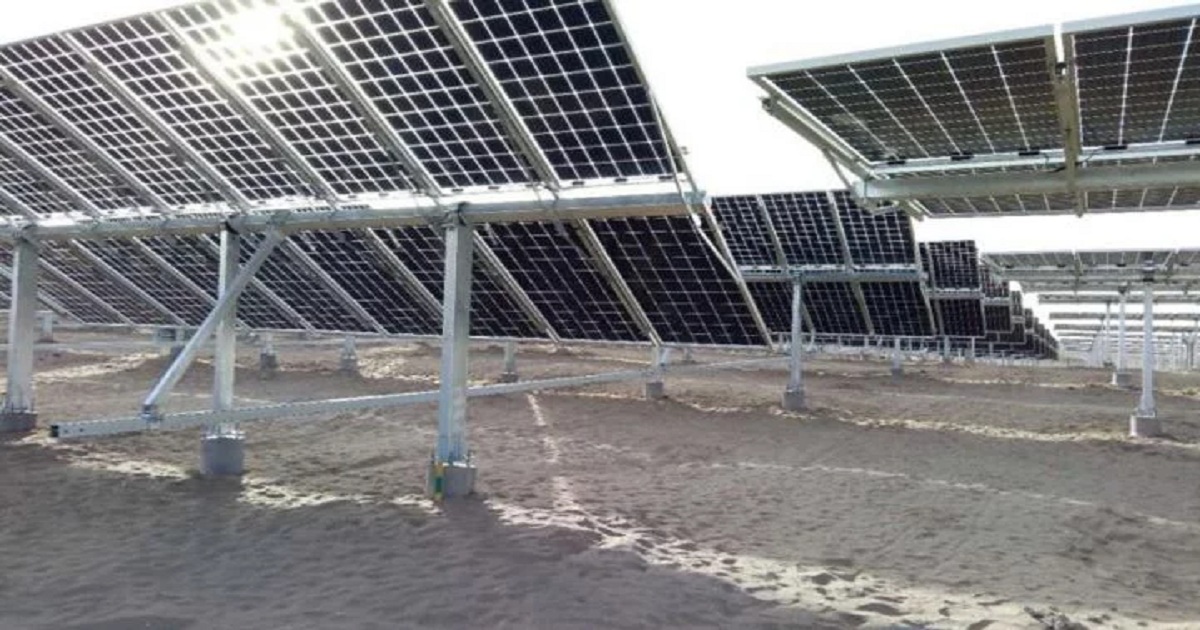Bifacial or Bust? Engineering Solar Financings of the Future
Greentech Media | April 19, 2019

The solar industry hates stasis, which is exemplified by industry members’ self-proclaimed rides on “the solar coaster.” Solar trade shows and conferences are filled with companies looking to provide solar with its “next big thing.” One of solar energy’s (literal) shiny new objects — bifacial modules — has been a hot topic at these conferences and in news articles for a few years now. Until recently, most of the potential benefits of bifacial modules have remained potential. However, bifacial modules are starting to transition from theory into reality, as more projects around the world and in the United States specify bifacial modules, reach financing and construction, and begin operation. We get it. You probably think you’ve read this story before. You’re expecting another article about the existence of bifacial modules (with accompanying diagrams), reviewing how there’s some benefit of the technology while expressing a decent amount of uncertainty, and a conclusion of “I guess we’ll wait see what happens with this promising new technology.